How to become a master composter
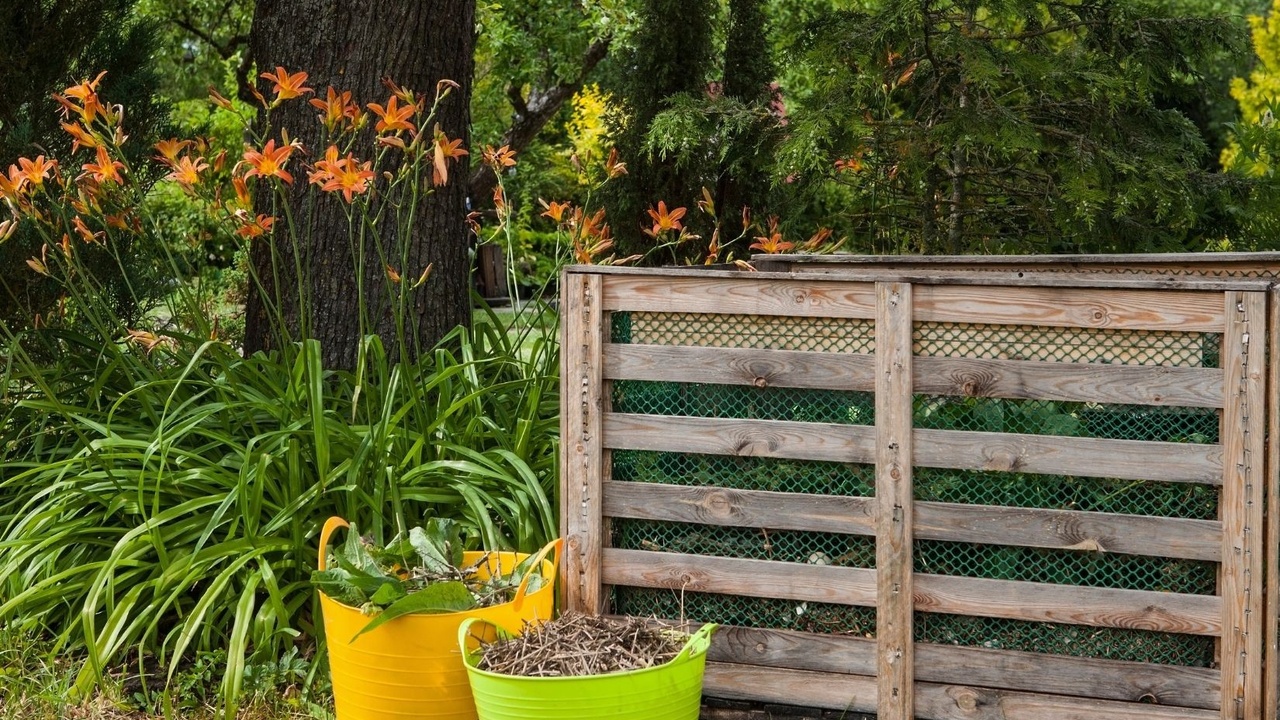
Composting is one of the most effective ways to keep household waste out of the landfill and create nutritious soil for your garden. Whether it be food scraps such as peels and stems or yard waste like grass clippings and fallen leaves, almost all organic material waste from your home can end up in your compost.
When organic material decomposes in landfills, methane gas is released due to lack of oxygen present during decomposition. Methane is a greenhouse gas that contributes to climate change, so limiting the amount released is important. In a compost pile or a vermicompost bin, plenty of oxygen is introduced and materials can break down without the production of methane. If none of this is news to you, or if you are excited to learn more, becoming a Master Composter might be for you!
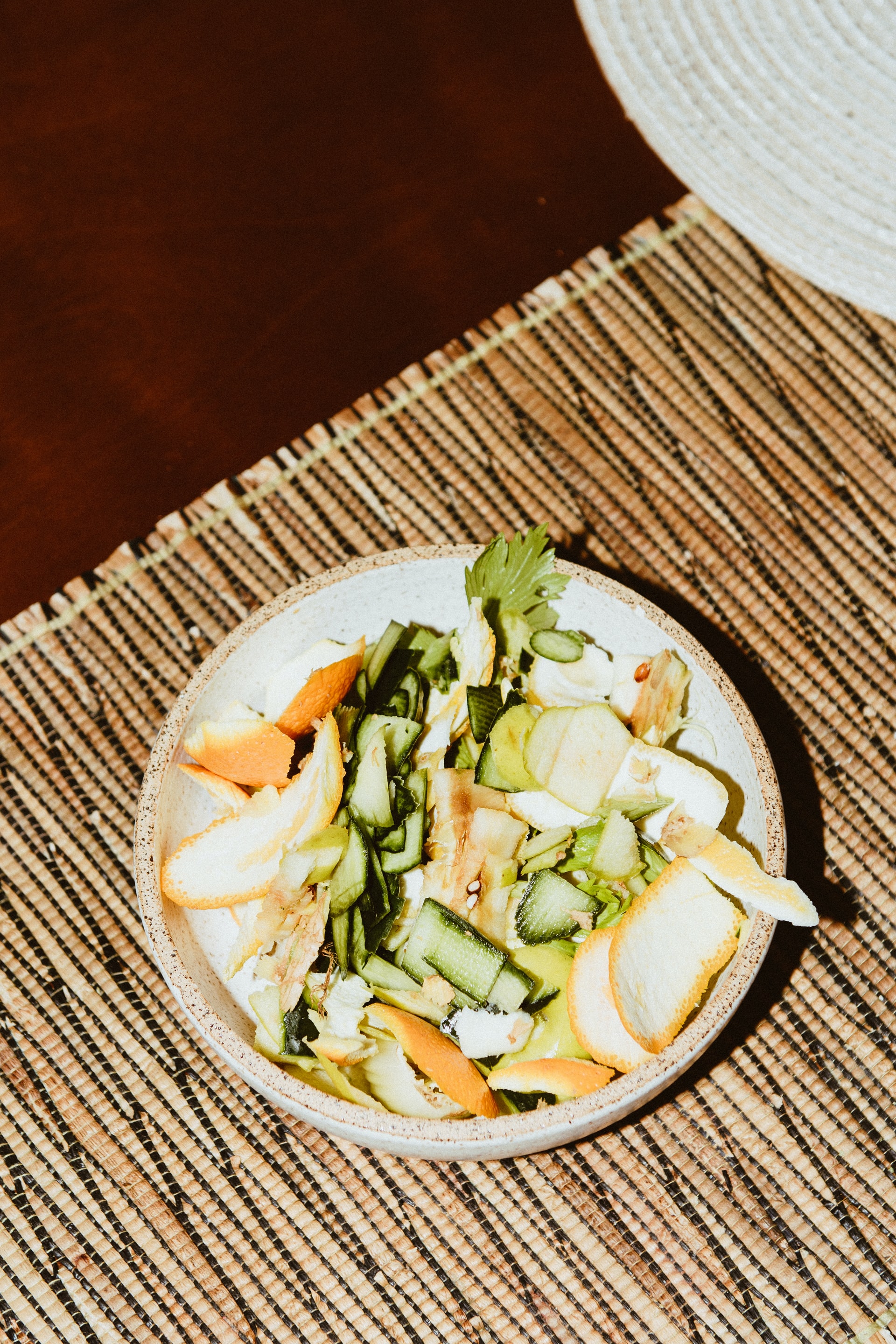
What is a Master Composter program?
Master Composter programs are programs that are set up to help you have all the tools that you need to be extremely successful in your composting projects and, even better, to become a compost ambassador in your own community. These programs give you the knowledge, skills, and confidence you need to not only succeed with your own composting program, but also to educate fellow community members on the value of composting. They are also a great way to join a broader community of like minded, environmentally conscious people. Master Composter programs can be found in many cities in Canada and the USA, as well as in the United Kingdom and elsewhere. Look for a Master Composter program in your home city, or online!
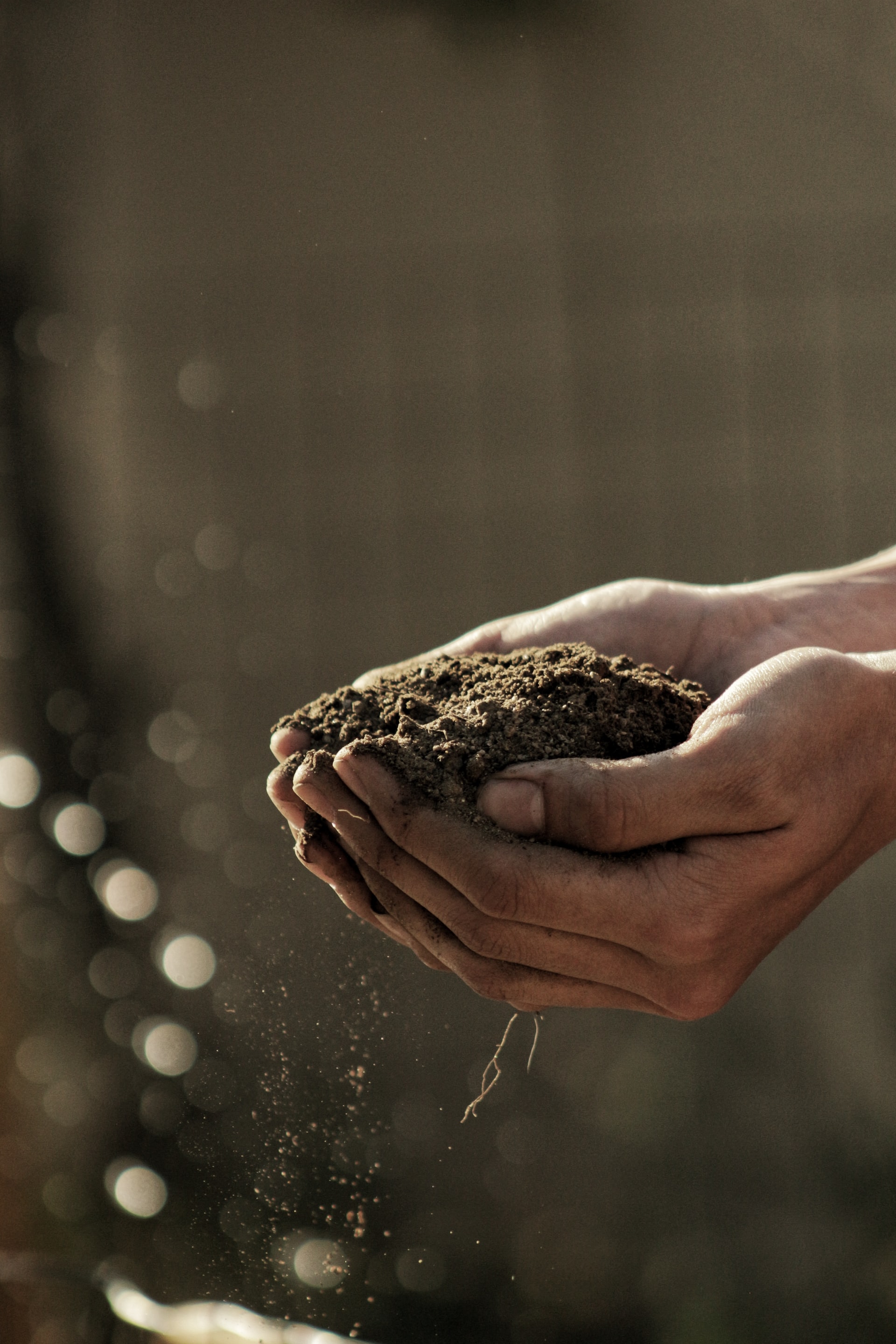
Why become a Master Composter?
In addition to learning in-depth knowledge about composting, being a Master Composter helps you to give back to your community while promoting sustainability. It is a great opportunity to teach community members a new skill, and to teach youth about the importance of composting and how easy it can be to integrate into everyday life. Master Composter programs also teach valuable practical skills and can be a great way for youth in your life to gain work experience.
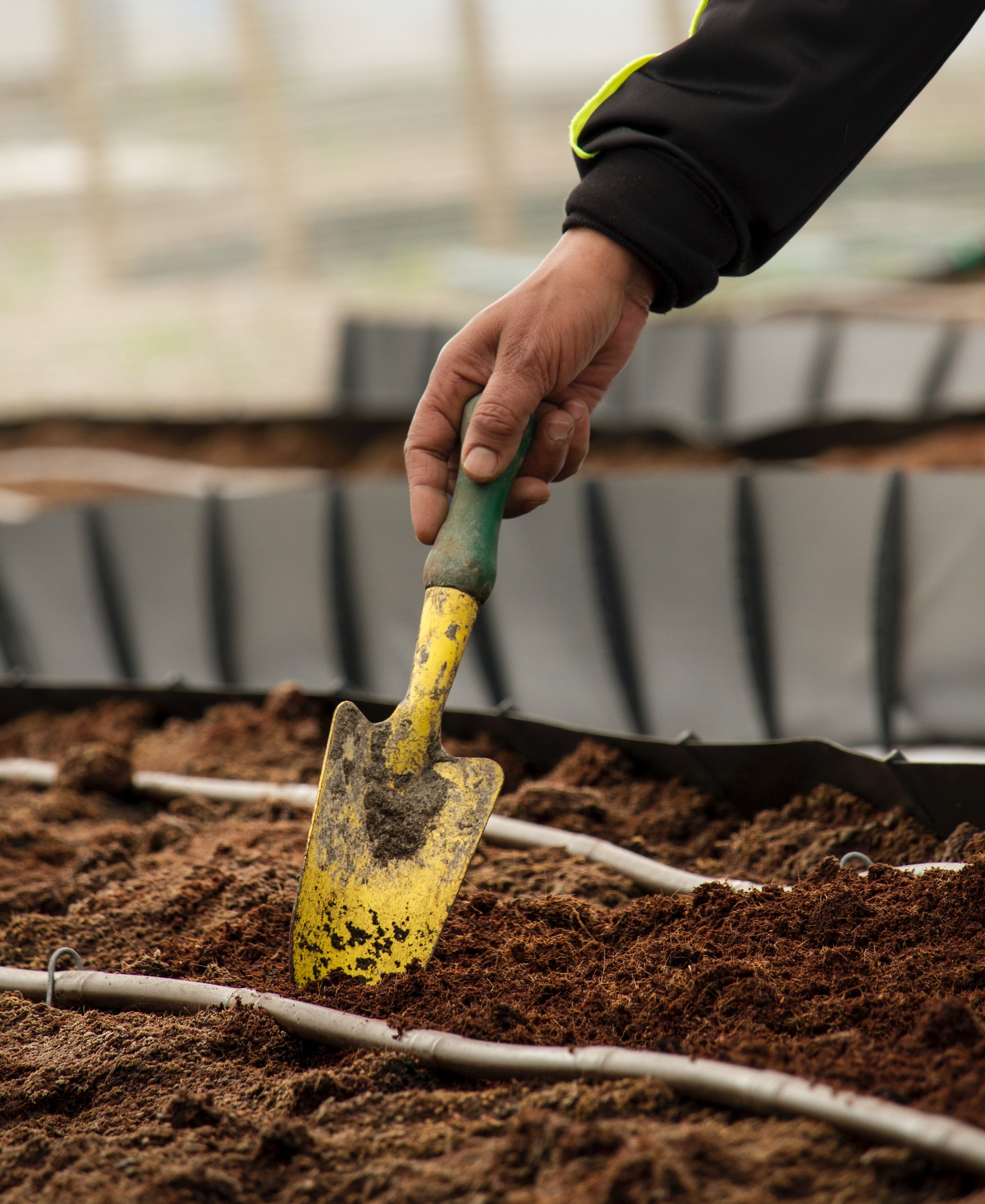
Being involved in a Master Composter program can also help keep you up to date with events going on in the community. Master Composters can be any age and from any life background, giving you the opportunity to meet people you may not otherwise meet.
How can I become a Master Composter?
The requirements vary depending on which Master Composter program you are completing, but most are centred around hands-on volunteer hours. Most Master Composter programs are open to anyone over age 18 willing to complete the required training. Volunteer hours are gained by helping family, friends, and community members with their composting projects, or starting up new initiatives in the workplace, at school, or within the community.
The Green Action Centre in my home city of Winnipeg, Canada offers a Master Composter training course that requires participants to complete 30 hours of composting related volunteer activities over the course of two years. These activities can include delivering presentations on composting and representing the program at events in addition to hands-on composting experiences.
In the United Kingdom, Garden Organic offers Master Composter programs. Garden Organic is an organization that believes growing organic food is essential for a sustainable and healthy world. These programs are specific to municipalities and are run by volunteers across the United Kingdom. The Garden Organic Master Composter training program has fewer requirements. Volunteers must be willing to learn about composting and complete a basic “how to compost” training before volunteering in their communities.
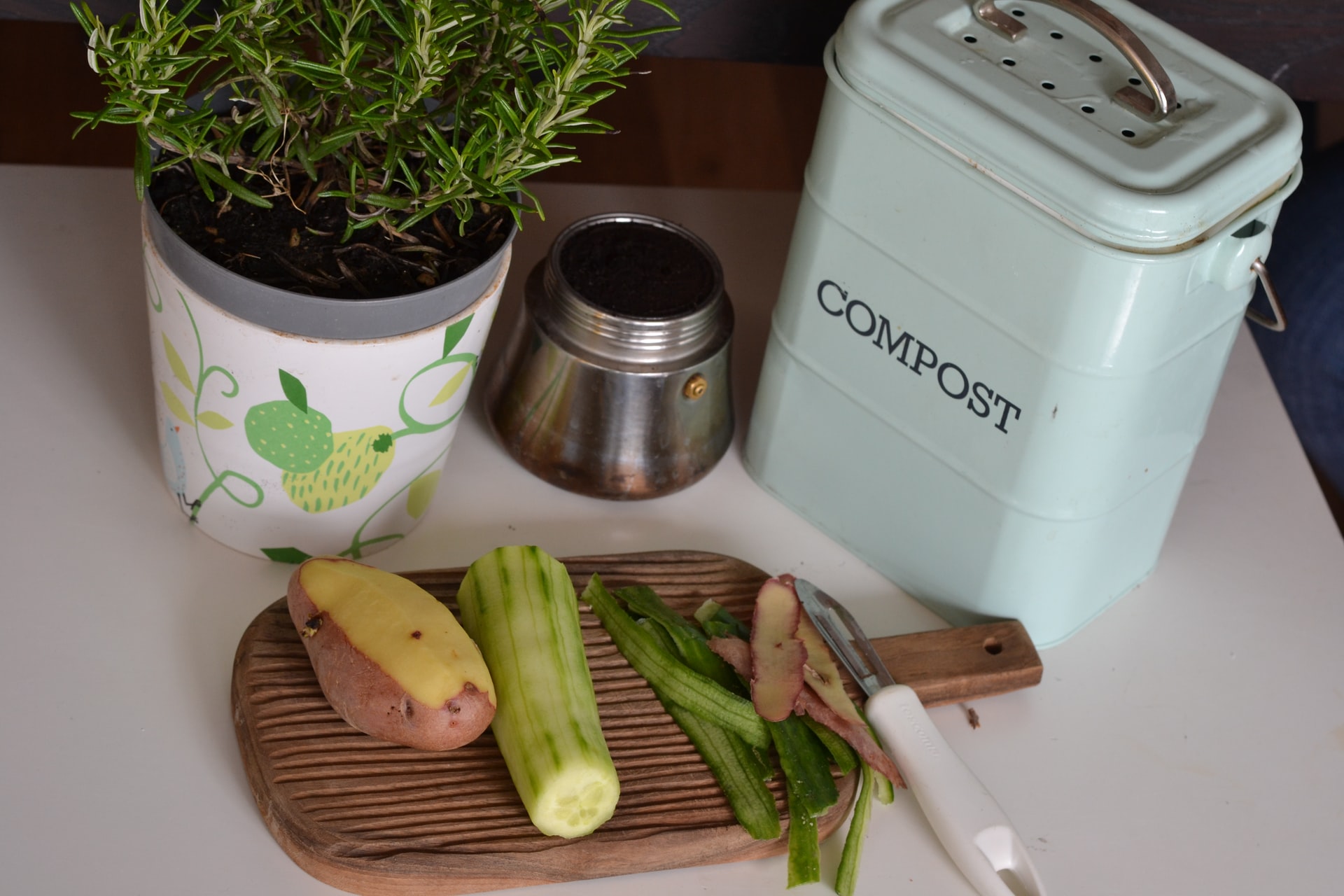
Another unique Master Composter program is the Master Composter Recycler program in Edmonton, Canada. Volunteers with this program strive to educate their communities about all types of waste reduction actions in addition to composting. The program involves completing training before getting out into the community to help influence neighbours to make positive changes in their day to day lives. Volunteers must complete 40 hours of training, similar to the program in Winnipeg, over 10 classes from March to May. Training is made up of classroom sessions, waste facility tours, and hands-on activities.
My city doesn’t have a Master Composter program, what can I do?
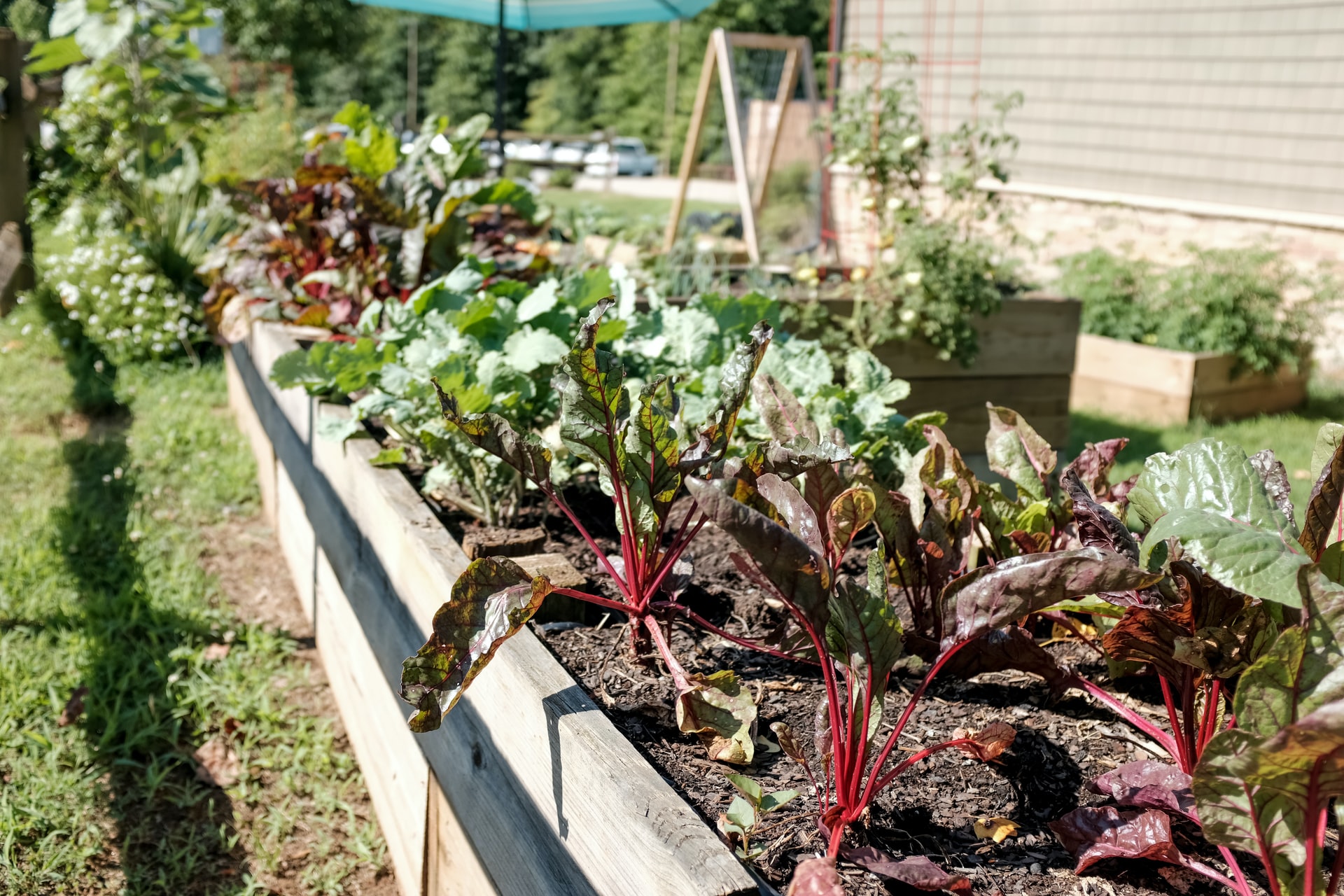
If your home city doesn’t already have a Master Composter program, a great place to start is community composting. Community composting is when a central composting site that can be used by neighbours is created. This can be anything from more high-tech bins to lower tech solutions such as windrow composting which is an open-air composting technique. Community composting has many of the same benefits that Master Composter programs strive to achieve, such as raising community awareness about the benefits of composting, educating community members about the composting process, and strengthening bonds between neighbours.
Learn how to compost online
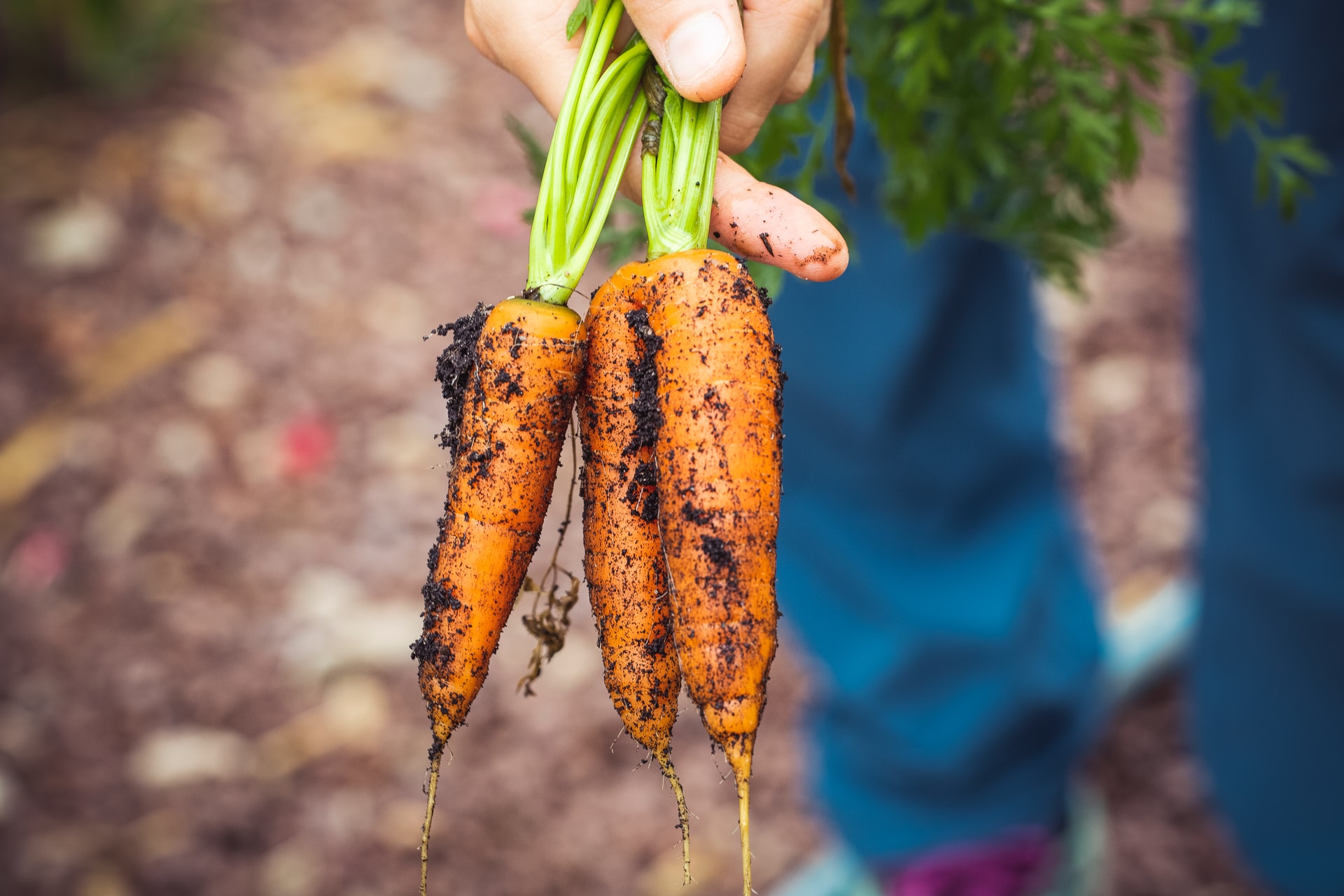
You can also opt for the free online Master Composter Program offered by the University of Wisconsin’s Extension Education. It is a 70 page online guide that delivers the information to help you understand the composting process, how to manage organic materials at home, the materials and methods required for composting, how to make and maintain a compost pile , what to do with your finished compost as well as other options for yard waste.
Create a local program!
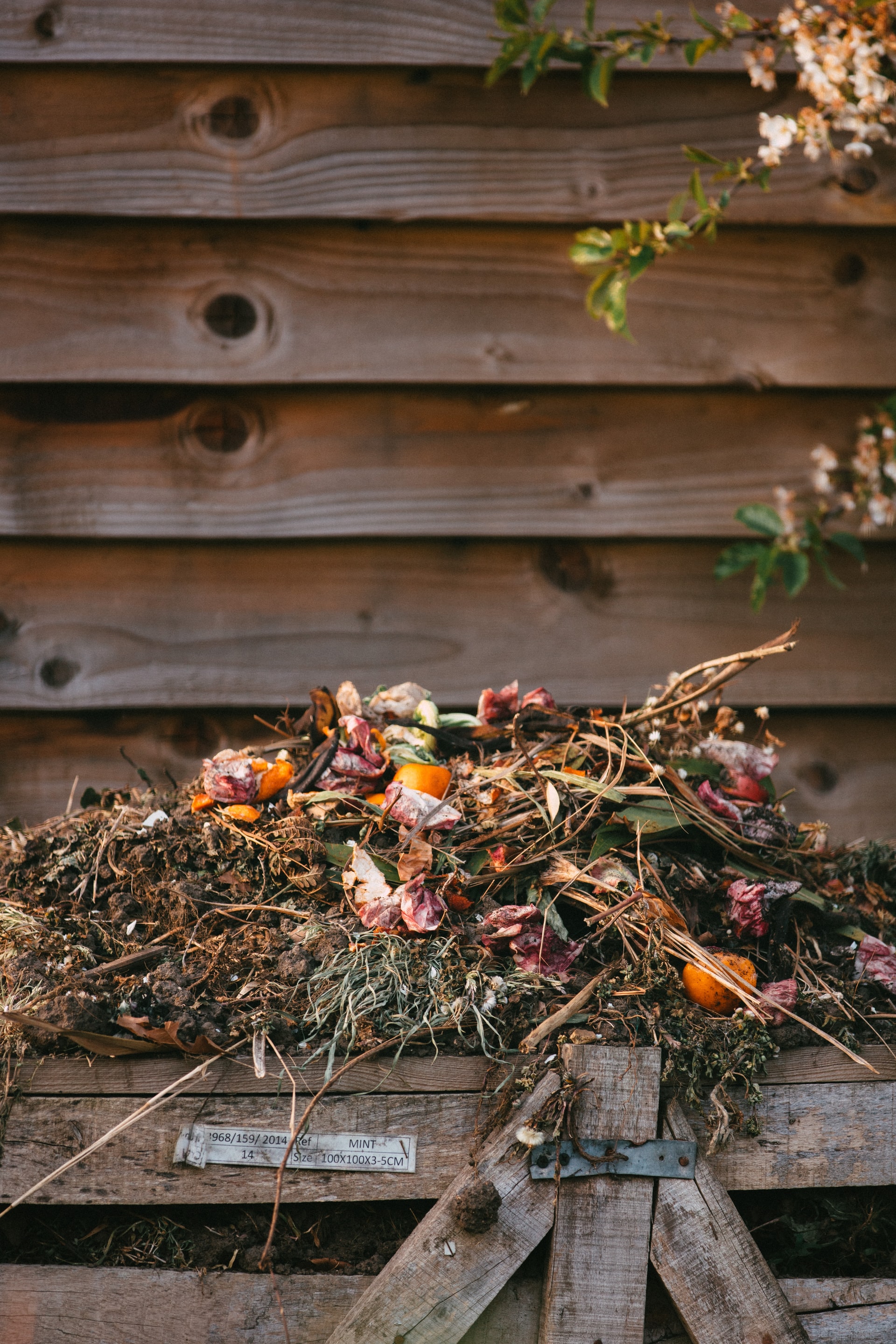
But of course, researching or reaching out to Master Composter programs in other cities can be a great way to learn about implementing a Master Composter program in your own city. Most programs are volunteer run, and luckily composting doesn’t require high tech equipment or even much space. With enough interest in your community, implementing a Master Composter program could go from a dream to a reality!
To learn more about composting, check out my articles on Backyard Composting, Vermicomposting, and Community Composting!
Stay connected with news and updates!
Join my mailing list to receive the latest news and updates. Your information will not be shared.

